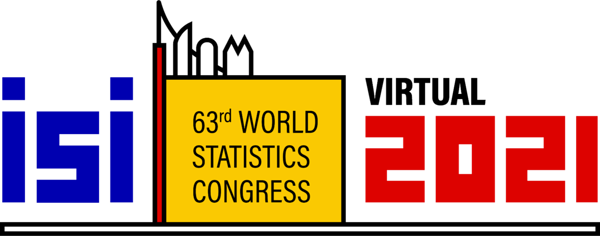Timely Mobility Monitoring During the COVID-19 Crisis While Respecting the Fundamental Principles of Statistics
It was the start of 2020. The pandemic raised its head. International travel created the conditions for the spread of COVID-19. So travel stopped. The pandemic became a domestic problem that needed to be dealt with, and fast. Many people across different fields suddenly found themselves in a situation where they were asked to do something seemingly impossible.
Big Data on the Big Stage at the World Data Forum 2021
The COVID-19 pandemic has posed many challenges for the global statistical community. During times of crisis, the world needed to digitalise quickly, make rapid decisions and collect new types of data to battle the disease. But how to maintain integrity and trust in data when decision-makers need to react fast? These questions and more were discussed at the United Nations World Data Forum 2021 on the 3-6 October in Switzerland.
Read more
News from the Biggest Statistics Event of the Year – World Statistics Congress 2021
At the World Statistics Congress (WSC), Queen Máxima of the Netherlands stated in her welcoming message that “statistics provide evidence that guide decisions and it has been data and statistics that have informed health authorities, governments, and citizens through this global crisis”. Indeed, the current COVID-19 pandemic raises important questions in terms of collecting, sharing, and using data, and highlights the challenges associated with the production of official statistics. Hence, it seems fitting that during this biggest event of the year, the statistical community comes together to reflect on some of the lessons learned from the pandemic.
Read more
Local Tourism Insights from MPD: Setomaa in South Estonia
At the South-Eastern-most corner of Estonia, there lives a people whose mystical language, enchanting leelo and ancient traditions are protected under the UNESCO World Heritage label. Combined with the breath-taking landscape, South Estonia’s rich cultural heritage attracts visitors from all over the world. But how do we know that?
Data Collection under Lockdown: BPS Statistics Indonesia and the Value of Big Data
The sweeping pandemic is not just forcing us to change our daily habits and routine, but has also made governments reevaluate how decisions are made. Data has the power to fuel decision-making, especially when authorities need to make fast choices in rapidly changing conditions in order to save lives. But what if one of the most commonly used collection methods for data suddenly stopped functioning?
Read more
.png)

